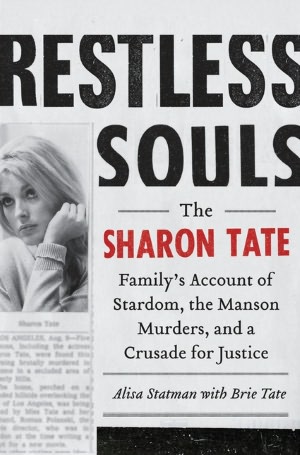In my job as an information security scribe, I find case studies in mental distortion almost daily. Today’s news about LulzSec’s ringleader is no exception.
Mood music:
This morning we’re following the story of how leaders of the hacker group LulzSec were rounded up this morning, with law enforcement acting on information apparently supplied by the group’s alleged leader — Hector Xavier Monsegur, nickname “Sabu.” What strikes me is how much this guy appears to have craved attention.
There are pictures of him eating a doughnut and smirking for the camera. There are details of how he secretly started working against his comrades months ago, supplying law enforcement with the noose they needed to hang his enterprise from the gallows.
There are details of how he secretly started working against his comrades months ago, supplying law enforcement with the noose they needed to hang his enterprise from the gallows.
There are reports that he was outed months ago. But outing people like this is easy when they can’t bring themselves to lay low and keep their mouths shut.
This is one of the things that I’m always fascinated about when covering cybersecurity. The industry is full of strong personalities — some very smart, some not so much — who reflect the best and worst of humanity at all times.
The story of Sabu is, among other things, about how narcissism will always bring you down in the end. When you crave the spotlight and are willing to throw your buddies under the bus to get it, everything else will untimately come crashing down around you.
As I’ve written before, I’m not immune to this.
I’ve always wondered if I was a narcissist. I’ve been wondering even more since someone asked me awhile back when I reached a point in my recovery where I stopped being self-absorbed. I had to be honest and tell her I still get self absorbed. All the time.
People with obsessive-compulsive tendencies are basket cases about being in control. Maybe it’s simply control of one’s sanity. Usually, it’s control of situations and people you have no business trying to control.
I went looking for a definition and found this on Wikipedia:
Narcissism is the personality trait of egotism, vanity, conceit, or simple selfishness. Applied to a social group, it is sometimes used to denote elitism or an indifference to the plight of others. The name “narcissism” was coined by Freud after Narcissus who in Greek myth was a pathologically self-absorbed young man who fell in love with his own reflection in a pool.
So, let’s see…
I’ve never fallen in love with my reflection. Usually, when I look in a mirror, it’s to make sure I don’t look too fat. I don’t get people who insist on having their bedroom or bathroom fitted with wall-to-wall mirror. I’ve also gone through long periods of hating myself.
But I am guilty of thinking I’m better than the guy sitting next to me. I probably think I’m a better writer than I really am. There are days when I think a little too highly of myself.
We all get that way, of course. Some can bring it under control and keep it from ruining their lives and that of others. I’d like to think I’m doing better on that score. But as the alleged leader of LulzSec demonstrates, the urge for attention can be impossible to fight.
That’s not to say I sympathize with him or the friends he sold out. In my opinion, their antics came at the expense of many innocent bystanders who get up everyday and try to make an honest go at life.
This time, Sabu’s narcissism seems to have worked to the benefit of the good guys.
Of course, a few months from now he’ll probably be working for a security company and writing his memoir. Life is twisted that way.






 I’ve written a lot here about my interest in the Manson case. This past November, I
I’ve written a lot here about my interest in the Manson case. This past November, I 




